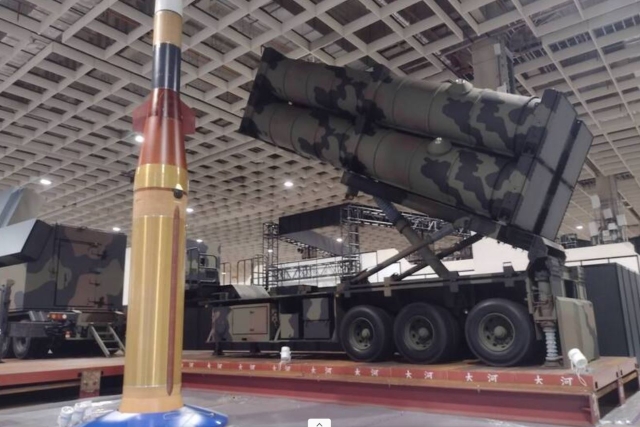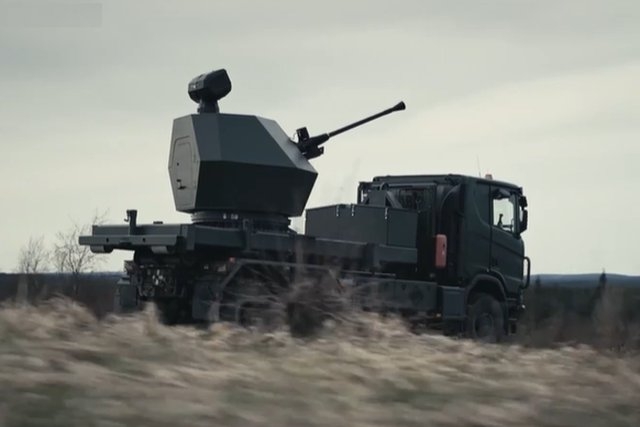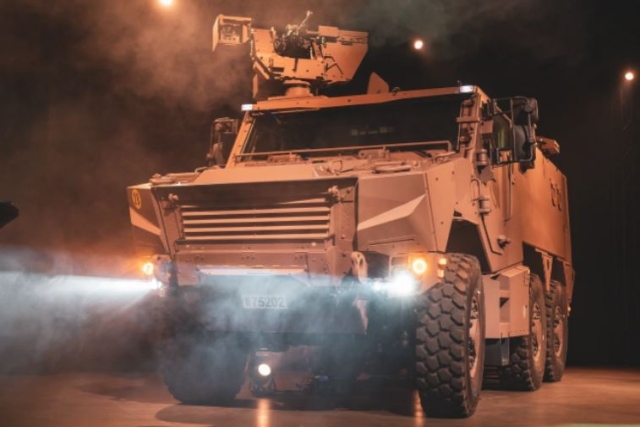India reports shooting on Kashmir frontier

Pakistani soldiers violated the cease-fire in Kashmir on Wednesday, shooting across the heavily fortified frontier in the Himalayan region for the second time in three days, the Indian army said. The Pakistanis opened fire just before noon but Indian forces did not shoot back, said Lt. Col. Anil Kumar Mathur, the Indian army spokesman in Kashmir. No causalities were reported, he said. Indian and Pakistani soldiers traded gunfire for more than 12 hours between Monday night and Tuesday morning, the worst violation of a 2003 cease-fire agreement between the nuclear-armed neighbors. One Indian soldier and four Pakistanis were killed in that incident. The Pakistani army offered no immediate comment on Wednesday's shooting. But the Pakistan army's top spokesman, Maj. Gen. Athar Abbas, blamed Monday's incident on Indian soldiers trying to build a post on Pakistan's side. Indian officials dismissed the claims and blamed Pakistan for violating the 2003 agreement. While there have been an increase of border area incidents in recent months, relations between India and Pakistan have improved considerably since the start of a peace process in 2004. No one suggests that the recent frontier shootings seriously threaten those talks. But progress has been slow, and deep distrust remains between the nuclear-armed neighbors with New Delhi regularly blaming Islamabad for bombings and shootings that have plagued India in recent years. Analysts attribute the recent shootings to heightened tensions from distinct security problems on both sides of the border. In India, there is anxiety over a string of recent bombings in Ahmadabad and Bangalore that together killed at least 43 people, as well as the July 7 bombing of India's embassy in Kabul, which killed more than 60 people. Indian officials have publicly accused Pakistan of being behind that attack, an allegation Pakistan strongly denies. The Kabul bombing put the peace process "under stress," India's Foreign Secretary Shivshankar Menon said recently before pledging to continue the dialogue. Meanwhile, the political situation remains turbulent in Pakistan, where the military is struggling to defend attacks in the restive North West Frontier Province, where pro-Taliban militants have recently abducted at least 25 police and paramilitary troops. The violence and uncertainty have fueled the shootings in Kashmir, said C. Uday Bhaskar, a prominent New Delhi-based defense analyst. "The anxiety level of local commanders has become even more acute so what would be a minor incident gets blown up," he said. Indian military officials declined to discuss the shootings further. Pakistan army officials had no immediate comment. Predominantly Hindu India and Muslim Pakistan have fought three wars since they were created in the bloody partition of the Indian subcontinent at independence from Britain in 1947. Nearly a dozen Islamic rebel groups have been fighting since 1989 for Kashmir's independence from India or its merger with Pakistan. More than 68,000 people, most of them civilians, have been killed in the conflict.










